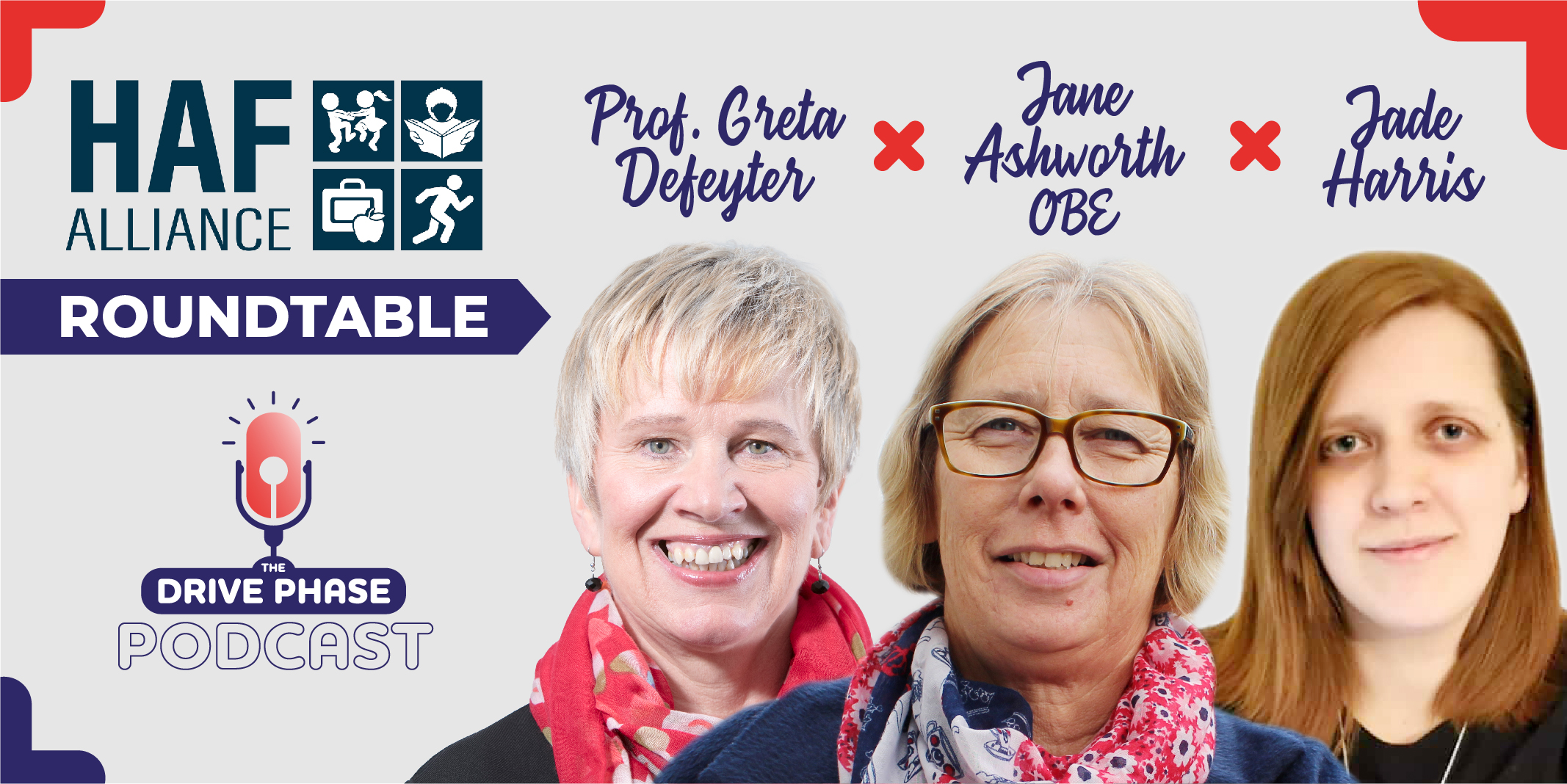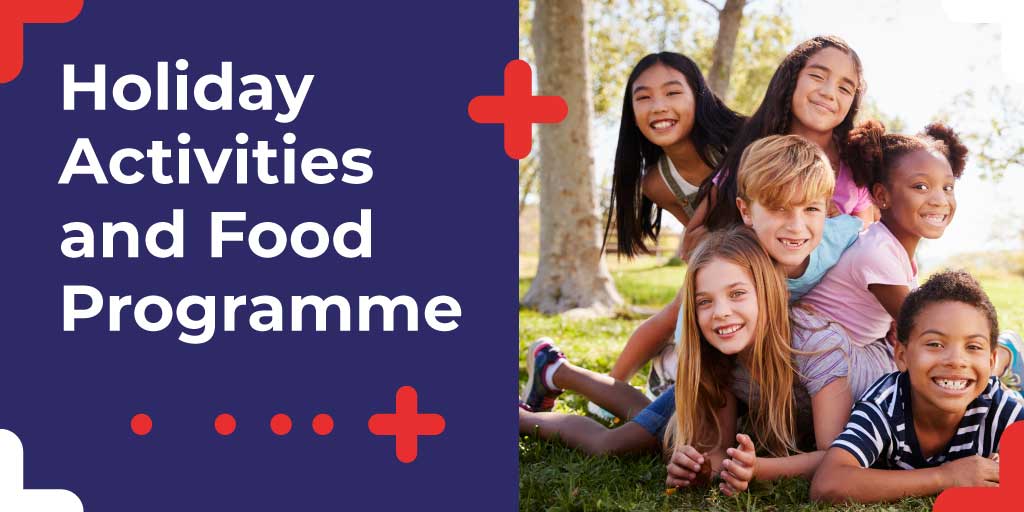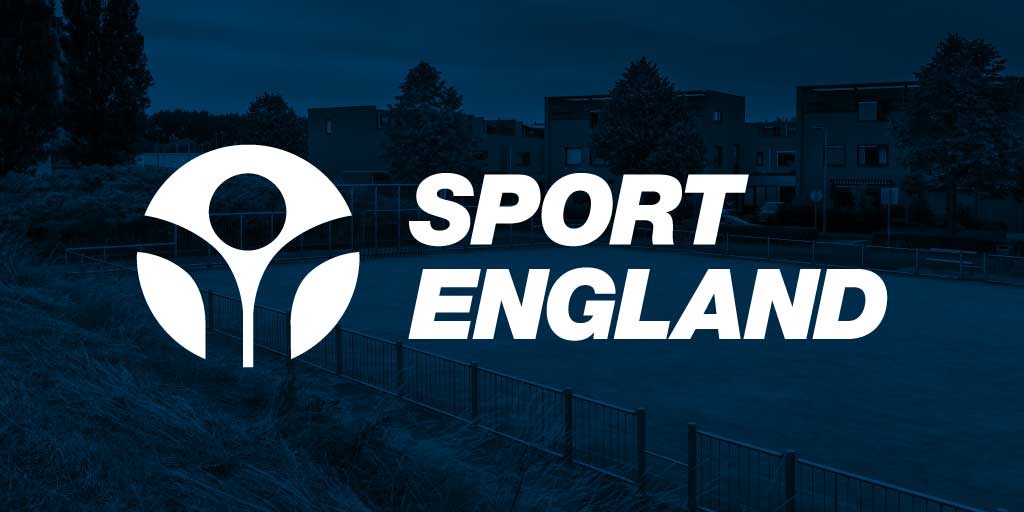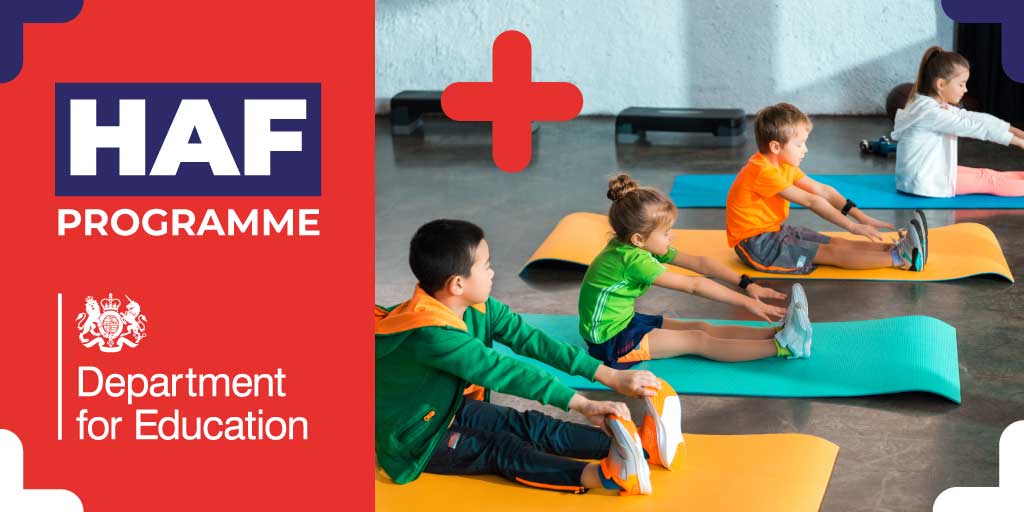The Holiday Activities and Food Programme, successfully piloted in 2018 and 2020 is designed to support children in underserved communities. If we look closely at the programme, its economic and societal benefits are endless. As a provider, how does this provision benefit your business and support underserved communities across the country?
Job creation and economic growth
Active HAF programmes provide more opportunities for your coaches whilst supporting individuals and families. The breadth of the project, including healthy eating and skills training, offers a more holistic approach to activities programmes that you would have access to with any other provision, and according to a report by PwC, the sports industry supported over 11 million jobs globally in 2020.
→ HAF Alliance – Investing in young people and schools
HAF programmes play a huge role in helping families manage the responsibility of childcare. When we normalise investing in young people, especially over the holidays, it offers their parents greater levels of freedom and productivity during working hours. With the greater use of these programmes in community-based environments, they are confident in having skill-based, reliable childcare in safe environments.
Promoting health and reducing healthcare
The ongoing pressures on the NHS to promote public health is a regular story. Studies show that around 80% of fitness levels gained in school time are lost over extended holiday periods. Regular physical activity reduces the risk of chronic diseases such as heart disease, diabetes, and obesity, which are some of the leading contributors to high healthcare costs.
Physical activity programmes within HAF can prevent this reduction in fitness levels. Research conducted by the Sport Industry Research Centre (SIRC) at Sheffield Hallam University estimated the value of sport in preventing serious physical and mental health conditions to be around £9.5 billion. With the added benefit of healthy eating, they improve outcomes in and outside of school time in a holistic way.
Fostering social inclusion and community development
HAF programmes can play a crucial role in social inclusion, offering opportunities to underserved communities and marginalised groups. By creating accessible sports facilities and programs, governments can help bridge social divides, promoting a sense of belonging and community.
→ HAF Alliance – Holiday provision in Sweden

Activity programmes are not a new phenomenon either. Alongside the added benefit of safer spaces for young people that can foster community, reduce crime and offer skills, countries like Sweden have invested in a holiday provision offering a safe environment for learning skills right up to leaving school.
Supporting education and skills development
Activity companies that administer these programmes are part of bringing their communities together and ensuring a lifelong positive impression of sports and activities. For your business, this creates not only a possible volunteer and employable workforce but instils confidence in the reliability of your business.
Many sports organisations engage with communities by delivering education, training, and skills programmes. These initiatives contribute to workforce development and can lead to improved employment prospects.
Government recognition and support
HAF is a government-subsidised program that can enhance your business. The current government strategy aims to make the nation more active and provide inclusive sports participation. The strategy has set ambitious targets, including 2.5 million more adults and 1 million more children being classed as active in England by 2030.
Encouraging innovation & economic impact
The economic contribution of sports programmes is substantial. The UK sport sector contributed £18.1 billion to the economy in 2022, accounting for 0.8% of total economic activity and supporting around 550,000 jobs. From 2010 to 2022, the sector grew by 32.2%, outpacing the overall economic growth rate of 21.5%.
The impact is not just a question of greater fitness, but offering parents greater flexibility, keeping working families working effectively with safe, reliable childcare.
Improving outcomes for underserved communities
Research has shown that the school holidays can be pressure points for some families. For some children, this can lead to a holiday experience gap. Children from low-income households are less likely to access organised out-of-school activities, and a higher proportion experience ‘unhealthy holidays’ with poor access to social situations, nutrition and physical activity.
HAF aims to become a universal, reliable program for all young people. The first instance of holiday hunger was recorded in 1906. More than a hundred years have passed, and the lack of investment in young people has had wide-ranging consequences on all areas of society, including crime, public health, and learning outcomes.
So, what’s next?
Sports programmes are far more than recreational activities; they are catalysts for economic growth, public health, and community development. Sports programmes are not just about entertainment; they are vital contributors to a thriving economy. As governments and private sectors continue to recognise and invest in sports, we can expect to see even greater economic benefits in the future.








